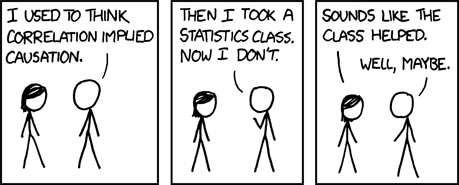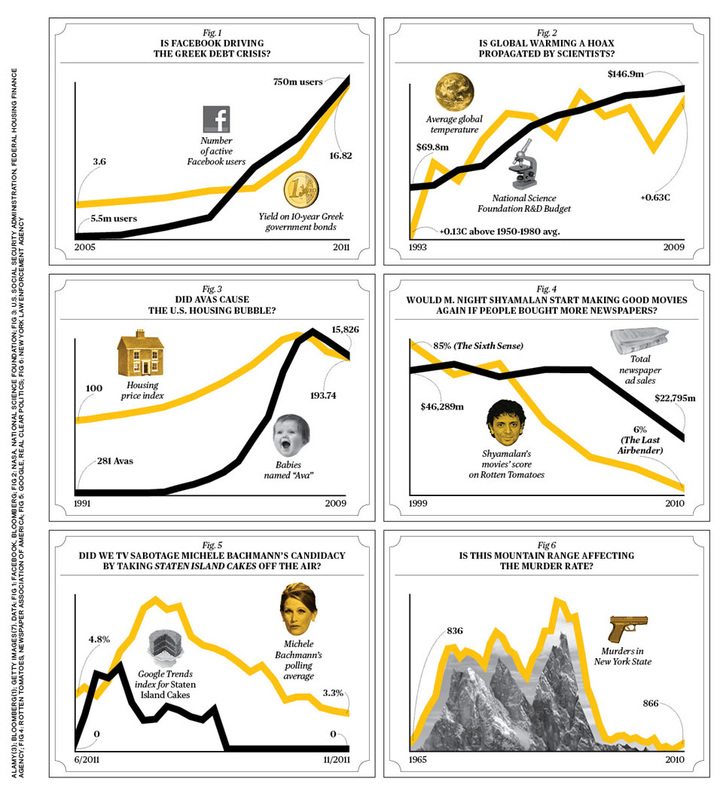|
Ok, so I do notice that I am posting a lot of videos lately. So maybe that means I need to do a little more reading. With the Christmas break coming up, I will get some reading done and post some reviews here. Anyways, here is a good video that is worth the watch. Here is another video from Rick Toren explaining how in a growing company you need to be able to know what the skill sets are that you possess and what you need to be able to grow well. I am aware of several of my skills and my deficiencies. I have been lucky with the people that are involved in Bern are fantastic and really help compliment my own skill sets. Bern Medical is a growing company. Our software has been in development for 2 years, but we are really starting to grow our customers. I think this video from Rick Toren highlights the ups and downs that come very well. Unfortunately this is not something that can really be understood until it is lived. "In medical imaging, now we can do ultrasound with light, because we can analyze how light can scatter volumetrically inside the body." The One Thing That You Must Do to Build an Amazing Startup!
Answer: Do something. Don't you love the titles of some articles? I try to stay current on different blogs and thoughts about what new research and what thoughts and ideas are leading in business. My goal when I read an article and a book are to get one idea when I am done. There was a professor in graduate school that instilled this in me. He was a proponent of speed reading and of trying to intake a lot of material. In his course we had a huge reading list, I remember it was a book a week (around 250 pages each). He knew that we couldn't retain everything in a book (at 200 wpm average retention is 70%) so why not read quickly through skimming or meta guiding (and achieve 700 words per minute). His goal was that we would find a valuable idea by the end. So a lot of reading I do today is trying to glean ideas and make connections. It is trying to piece together various thoughts, even across industries to better help me to understand. I follow several blogs and try to read a couple of books a month. I will go through phases where I am reading 3-4 books and other phases where I don't dedicate as much time (and money- because I like paper books and I like to own them). I don't go to book stores very often anymore, because the selection is so poor, but I enjoyed browsing and picking up a book and skimming it to determine if there was something worth knowing. Often there was nothing new. Usually blogs and news sites' posts are designed to be helpful- but they have to be so oversold through the title to get people to click on them, that the ideas becomes useless. Or the idea is meant to express some universal truth, but all the idea is something that can work given certain situations. Let me give you two examples. First google the results: the one thing leader Wow! Isn't it amazing to know the one thing you have to do to be a great leader? It is so easy, there is a secret and if you knew that one thing, then you will always be a perfect leader. The idea is so oversold and it is useless. Just like the title at the beginning of the article, the one thing you need to do to start a successful company. You have to do something. Because, if you don't do something.... then you definitely will NOT build up a company. It is literally impossible. Second, there was an article from an interview by Eric Reis about whether a startup should launch in the press or not. A friend sent this to me to check out. Reis' general philosophy is to have a small launch have some users and get feedback, work on the product until you have a good product market fit and then launch in the media. But herein is the problem. Launch and get some users. But, don't tell anyone about it so you can modify before people know about it. But you need people to give you feedback to let you know what is important... kind of a circular logic. Of course there are some cases where it will be disastrous to have a big media launch. There are some where the media will help. The advice contains truth. Contrary advice also contains truth, because people wouldn't seek PR if it wasn't helpful. Deciding what is best in any one specific instance takes experience, luck, judgement, and knowledge. That is what makes it hard. So, I will continue to read and read and try to incorporate a lot of ideas, even conflicting ideas. But, the trick is knowing that nobody has all the answers. Let that sink in for a minute. NOBODY HAS ALL THE ANSWERS. Only pieces of it and never is anything always applicable to me. Nobody else completely understands me and my situation better than I do (or should). Therefore I need to acquire as much from everyone else and then interpret the information and apply it to my situation. Great info-graphic posted on BusinessWeek about correlation and causation. When we look at the data, there can be correlations in the data set- but this does not mean that the is a cause and effect relationship. Even if there is, can one determine which is the cause and which is the effect? A lot of people "might" be getting it wrong.
About.me is a website where you can post your profile and link to your other social media sites. They have partnered with AOL and St. Jude's For every background updated to support St. Jude in the month of December, AOL will donate $1, up to $10,000. So if you use about.me get your background changed and an extra $1 for St. Jude.
So what is the Second Law of Thermodynamics? Usually it is summed up as entropy. It means that over time a closed system will equilibrate. The best example would be the entire universe, that over time all of the materials will spread out and over billions of years we expect the entire universe to be just an evenly distributed open space of material. No organized stars or planets, just material spread across the universe.
Other less perfect examples, but easier to understand and still convey the principle are kids' rooms where over time things tend to be evenly distributed throughout the room and not organized on shelves and in closets. Part of the reasons for this is the energy that it takes to organize items in a specific order. My desk where I am writing this was clean this week. I cleaned it up. Over the week, I have placed business cards and papers on the desk and now it is a little less organized. As things change, it becomes difficult to maintain the status of the system. I know that it feels like things should stay constant. We put in controls. And they fail. We fix things. And they break. We improve processes. And errors still occur. We automate things. And things still fail. It is just a natural process that for some reason in the evolution or make-up of who we are, we almost have to discover that entropy occurs. It must be related to time and unable to remember the future and selectively remembering the past. I think about some of these things as I talk with partners and customers at Bern Medical. We usually like to think that we have a system to prevent errors and we have a process to find them. We would like to think that we don't make mistakes. That our digital systems never fail us. I suppose this is why it helps to offer our services risk free and we take the downside risk of not finding anything. Problem is, we are fighting against the Second Law of Thermodynamics. Among everything else that we have to fight against in business and life this one will never go away. It is as least the first part of death and taxes. As sure as the law of gravity will hold us to the earth, there will always be errors and entro |
BERN BLOGBlog written by: Other Useful blogsArchives
June 2013
|







